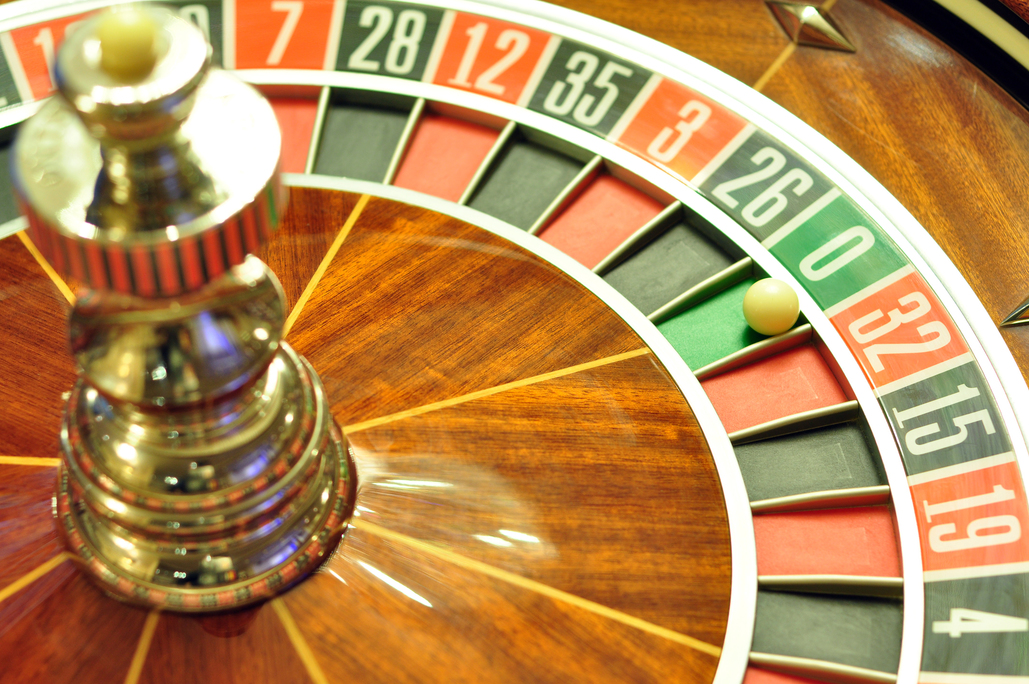A Relationship Among Casino Activities with Mathematics

Casino games have captivated enthusiasts for ages, luring them into a realm of thrill, luck, and wealth. From the flashing lights of slot machines to the tactical intensity of poker games, these experiences offer a unique mixture of amusement and risk. online casino without verification However, beneath the shiny exterior of this sparkle and style lies a sophisticated relationship of calculations that influences every conclusion and decision made within the gaming hall.
Understanding this connection between casino games and mathematics not just boosts the player’s journey but can also help participants make informed decisions. Whether you are a occasional punter or a dedicated enthusiast, recognizing the math concepts at play can provide insightful understandings into likelihood, ratios, and strategies, finally shaping how one approaches these chance games.
Statistical Likelihood in Betting
In the world of casino activities, mathematical probability plays a crucial role in assessing outcomes and informing player choices. Every game has a specific set of rules and a specific probability model that shapes its mechanics. For example, in activities like the roulette wheel, players must understand the probabilities of choosing a certain number or color. The probability of specific occurrences occurring can be calculated, and this knowledge can substantially influence betting tactics.
Players also need to be aware of the house edge, which is the mathematical benefit that casinos hold over gamblers in the long run. This advantage varies across various activities. In 21, skilled players can use tactics to minimize the house advantage to as little as 1 %, while in activities like slots, the house edge can be substantially larger. Comprehending the casino edge allows gamblers to make informed choices about which games to play and the amount to bet.
Additionally, likelihood is essential in the concept of danger versus gain in gambling. Every bet carries a specific danger factor, and players must evaluate the potential return against that risk. Games like the poker game require gamblers to not only assess the odds of their own showing winning but also to assess the likelihoods of their rivals’ showings. By applying statistical concepts to their gameplay, gamblers can enhance their chances of success and participate more effectively in the exciting realm of gambling activities.
Anticipated Value in Gambling Games
When talking about gambling games, one of the basic concepts rooted in mathematics is the expected value. This statistical metric assists gamblers grasp the potential outcomes of their bets over time. In simple terms, anticipated worth (EV) calculates the average amount a player can anticipate to gain or lose per bet if they were to play the game repeatedly. Each activity has its own EV, influenced by the probabilities and the casino advantage, which signifies the benefit that the casino holds.
For instance, think of a game like the roulette game. The expected value can be calculated based on the specific wager placed. If a player bets on a individual number, the return is 35 to 1, but the actual chances of success that bet are 1 in 37 (in European the roulette game). This leads in a detrimental expected value, indicating that, on average, gamblers will lose money over time when playing this type of wager. Grasping this concept allows gamblers to make more educated decisions about which games and wagers may be more favorable.
Furthermore, the investigation of anticipated value can lead to better bankroll management. Gamblers who comprehend the math behind their games are often able to set practical expectations. By acknowledging their potential deficits and profits, they can modify their gambling strategies accordingly, which may improve their total gambling experience overall. As a consequence, expected worth serves as a critical tool for both beginner and seasoned gamblers to navigate the often unpredictable character of casino activities.
Strategies and Probabilities: The Math Behind Success
In gambling games, comprehending the chances is essential for gamblers attempting to maximize their likelihood of success. Each activity has its own specific set of chances that determine successful outcomes, and these numbers are often presented in the gaming regulations or payout tables. For instance, in activities like blackjack, participants can improve their chances through strategies such as card counting, which relies on mathematical principles to gain an advantage over the establishment. By educating themselves with the chances, gamblers can make more educated determinations on when to bet and when to give up.
Furthermore, the principle of expected value has a major part in gaming tactics. Expected value calculates the typical outcome of a stake over time, allowing gamblers to judge whether a specific wager is justifiable taking. For example, video slots have a specific payback percentage, which can suggest the average profit a gambler can expect on their bets. By choosing activities with higher average outcomes, participants can minimize the casino edge, maximizing their possible rewards in the over time.
Finally, successful players often utilize a mix of chance and calculative tactics to boost their gaming experience. While luck is unpredictable, managing a wagering approach based on calculative ideas can lead to more positive results. By employing techniques such as money management and choosing games, players can leverage mathematics to navigate the unpredictable nature of gambling activities, making the most of their efforts and money at the gaming tables.